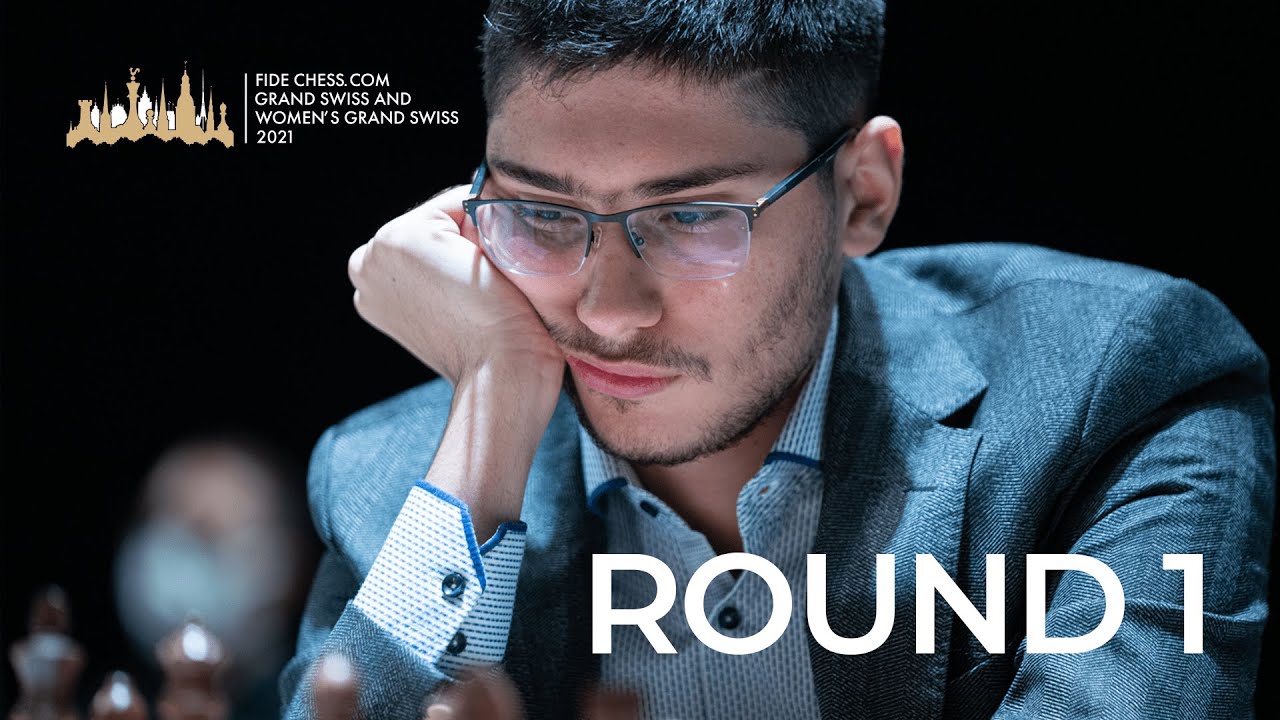So far (3/4 through round 2) I don’t like these broadcasts as much as the St. Louis Chess broadcasts because they go into less depth about individual games. It’s a larger tournament but I’d prefer if they’d focus on the top boards or best games more instead of trying to cover every game some. I’m hoping they may focus more in later rounds when there are clear contenders to win the tournament, and therefore some key games.
Also, I like the St. Louis segments where the two main broadcasters go to Maurice Ashley who has been using a strong chess engine to find the right moves while off camera, and he goes over some of the right answers in interesting positions. The chess.com broadcast is making little use of computer analysis to reveal correct answers to some of the hard positions.
Also, St. Louis has better roles. Yasser Seirawan (despite being older, wiser, highly experienced) plays the role of the more naive person who wants to try things out. He asks some of the questions viewers would have and is the most relatable for viewers. Then Alejandro Ramirez or Ashley can act as his foil and give criticism of some of his experiments.
On the chess.com broadcasts, Anna Muzychuk is doing both roles: she’s the primary person analyzing good lines and giving answers about what works or not, and she’s the primary person experimenting with moves that might be bad, trying things out, asking questions, etc. She’s the more active person who talks the most and also does the most chess moves and has the most chess knowledge, while Stuart Conquest isn’t contributing as much.
It’s pretty standard on two-person broadcasts to have one person who is more social and one who is more of the expert. People use these roles on purpose even when they could play a different roll. E.g. I remember a different chess broadcast where a woman kept doing the social stuff but then when a guy left temporarily she immediately switched into acting more like a chess expert until he got back. So doing the more social side was an intentional choice/role, probably because she was better at it than the men, not because of lack of chess ability by her (I do think the men were stronger chess players, but she was plenty strong – far far stronger than the audience including me, and capable of playing an effective chess expert role).
Similarly, on Starcarft broadcasts, Tasteless intentionally plays dumber than he is and acts like more of a viewer representative and social/fun guy, while Artosis plays the expert role. The roles are intentional and help organize who says what kinds of things. Tasteless helps support Artosis’ expert reputation and tries to avoid challenging or undermining it. Tasteless will sometimes ask questions for Artosis to answer, even though he knows the answer and could answer it himself. Artosis is somewhat more of a smart expert than Tasteless, but they play it up and have some division of labor. (Possibly, over the years, they actually became more different due to playing different roles on broadcasts. Tasteless had less incentive to keep studying expert stuff, and more incentive to learn how to do his role well, e.g. getting better at making jokes, filling dead air time, or understanding and remembering to speak to the perspective of audience members who don’t know a lot about the game.)
